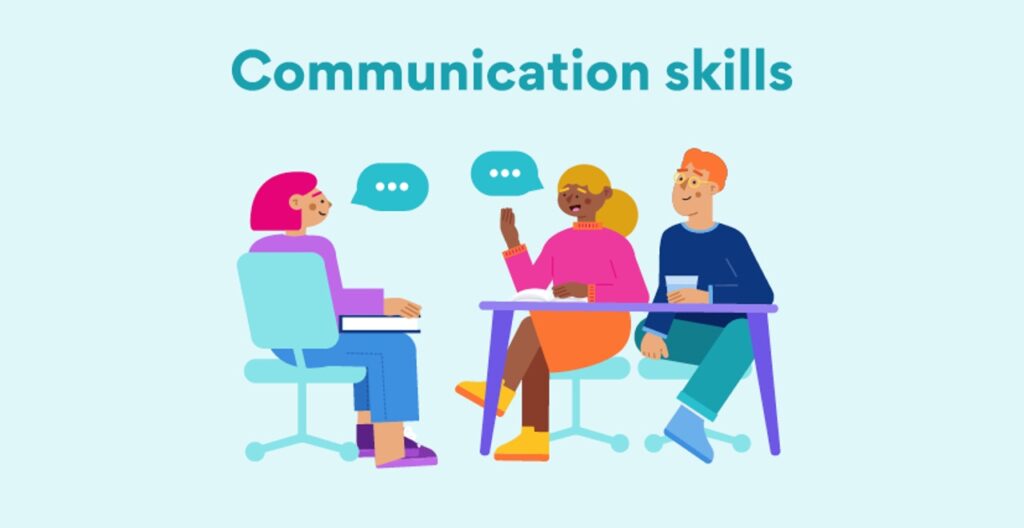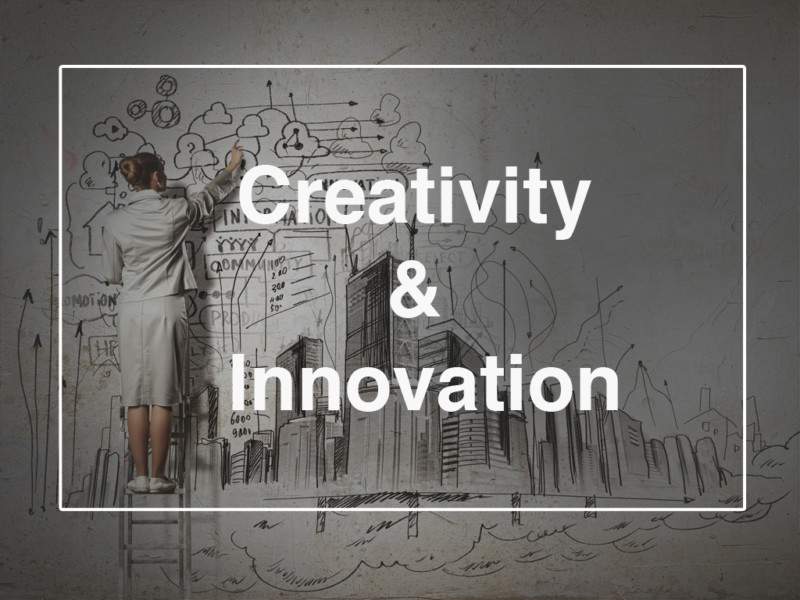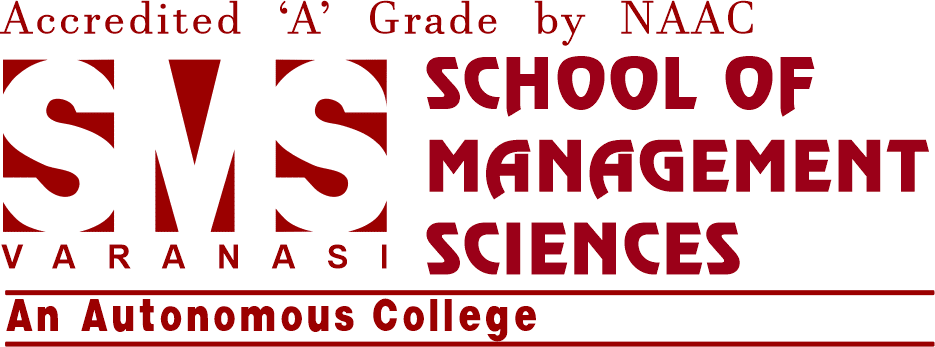
In 2024, we will experience a dynamic and competitive job market that will require recent graduates to come with a new set of abilities. Candidates with adaptability, problem-solving skills, and outstanding interpersonal talents are highly valued by employers nowadays in addition to their technical expertise. In this article, we’ll be discussing the top skills that employers expect to see in 2024 graduates and how you may develop them to improve your chances of landing a job.
1. Digital Literacy and Tech-Savviness

Nowadays, digital literacy is a basic necessity for the majority of employment opportunities across all industries. Employers expect that graduates will be skilled at using a variety of digital tools and platforms, from advanced data management, design, and communication programs to basic office software.
Nowadays, digital literacy is a basic necessity for the majority of employment opportunities across all industries. Employers expect that graduates will be skilled at using a variety of digital tools and platforms, from advanced data management, design, and communication programs to basic office software.
How to Develop:
- Learn how to use digital tools such as Google Workspace, Adobe Suite, and Microsoft Office through pursuing online courses or achieving certifications.
- If you lack experience in the IT industry, learn some basic programming languages like Python or SQL.
- Stay up to date on the latest software that is utilized in the sector you want to specialize in, and try out these platforms through projects, freelance work, and internships.
2. Critical Thinking and Problem Solving

Employers continue to prioritize critical thinking and problem-solving skills above all others because they are timeless. People in the workforce are being depended upon a greater extent to deal with complicated, non-routine situations that call for deeper research, innovative thinking, and excellent judgment. This is because the workplace is becoming more automated.
Graduates, who are able to tackle challenges systematically, think strategically, and come up with creative solutions are what employers want to see. The capacity to critically assess circumstances and produce useful insights plays an important role in many fields, including marketing, company operations, and product creation.
How to Develop:
- Take part in activities that test your ability to analyze, such case studies, discussions, and puzzles.
- Through volunteer work, internships, or project-based positions, get experience with systematic problem-solving.
- When dealing with challenges in real life, consider your approach and evaluate what went well and what may have been done better.
3. Adaptability and Flexibility

Being flexible and able to operate in many different kinds of environments is a quality that employers are looking for more and more. Being adaptable is essential in a world where industries are always changing as an impact of new technology and fluctuating economic situations. Graduates that show flexibility in picking up new abilities, switching between positions, and adjusting to new settings are often appreciated.
Employers are looking for people who can be productive in a range of locations, manage their time well, and rapidly adjust to new job responsibilities or technologies in accordance with the growing popularity of remote work and hybrid workplaces.
How to Develop:
- Participate in a variety of voluntary activities, work, and internships that will encourage you to become used to various situations and duties.
- Take new challenges with a positive attitude, even if they demand you to go outside of your comfort zone.
- By enrolling in classes or earning certifications that continue to keep you competitive, you may stay up to date on industry trends and improve your skills.
4. Emotional Intelligence (EQ)

Having the ability to understand and control your feelings while simultaneously having interpersonal skills is known as emotional intelligence, or EQ. Businesses understand the importance of Emotional Intelligence (EQ) isto developing positive work cultures, forming strong teams, as well as improving client relations. Higher emotional intelligence graduates frequently make stronger team members, communicators, and conflict resolvers.
Employers set a high priority on individuals who can manage stressful situations with confidence, cooperate with different teams, and have empathy for clients. Leadership potential and emotional intelligence are related because emotionally intelligent people have an ability to uplift and encourage those around them.
How to Develop:
- While you connect with others on a regular basis, practice understanding and active listening.
- Consider the way that you respond to situations that are emotionally charged and ask mentors or peers for advice on how to handle them better.
- Engage in activities that encourage team building to improve your capacity to work with others and control group dynamics.
5. Data Analysis and Interpretation

Graduates with the ability to collect, evaluate, and understand data are extremely looked after in today’s data-driven era. In a number of sectors, including retail, healthcare, marketing, and finance, data is essential for decision-making processes. Companies are looking for graduates who can interpret data and turn it into insights that can be used to drive corporate strategy.
For many positions, including marketing analysts and business consultants, the capacity to understand data using programs like Excel, Power BI, or Google Analytics is a necessity. Understanding this capacity might greatly increase your job prospects because data analysis is a skill that is expected to become more in demand.
How to Develop:
- Try to study about the data analysis tools i.e. Excel, SQL, or Tableau.
- Opt for the online courses in statistics, business analytics, or data science.
- Use your experience with datasets and trend analysis to your advantage by working on personal, professional, or academic projects.
6. Collaboration and Teamwork

In the majority of modern organizations, collaboration plays an essential role for success, even while individual excellence is necessary. Graduates with the ability to work effectively within teams, cooperate with others, and successfully communicate ideas to the group are in high demand. Collaboration involves more than just working together; it also involves bringing different viewpoints together to focus on a same objective.
Digital collaboration is an essential part of cooperation, especially as distant and worldwide teams become increasingly prevalent. Proficiency with platforms such as Zoom, Microsoft Teams, and project management tools is an additional benefit.
How to Develop:
- Participate in group projects during your academic career to get used to collaborating with others.
- Take part in extracurricular activities or sports where teamwork is emphasized.
- Practice digital collaboration through remote internships or virtual teamwork platforms.
7. Leadership and Initiative
Even in entry-level roles, employers appreciate graduates who show leadership potential. Leadership is about taking initiative, being proactive, and influencing others to achieve shared goals. Graduates who are willing to step up, take ownership of projects, and inspire their peers are more likely to succeed in fast-paced environments.
Leadership is not just about managing others—it’s also about having a positive attitude, showing resilience in the face of challenges, and continuously striving to improve. Many employers value graduates who demonstrate leadership qualities, regardless of their position in the organization.
How to Develop:
- Obtain leadership positions in voluntary organizations, student associations, or internships.
Take initiative at work by putting forward innovative ideas or solutions. - Think back on what you have done as a leader and highlight areas where you may improve, whether it is in decision-making, communication, or assigning tasks.
8. Communication Skills

One of the forefront abilities that companies are looking for in graduates continues to be effective communication. The capacity to communicate ideas and information clearly is essential for spoken, writing, and digital communication. Graduates who can clearly and effectively communicate difficult ideas are invaluable resources for any company.
This also means being proficient at communicating on many platforms in the era of digital communication, such as social media, video calls, and reports in addition to emails. Effective communication also involves knowing what your audience needs to understand and how to respond to them.
How to Develop:
- Write reports and emails in an organized and clear manner.
- To enhance your ability to communicate verbally, enrol in public speaking classes.
- Consider how you come across in various circumstances and modify your communication style according to the audience and the media.
9. Creativity and Innovation

Across many sectors, creativity is becoming a highly valued ability and is no longer restricted to sectors like design or marketing. Companies appreciate graduates who can use their imagination to solve issues, enhance workflows, or create new goods and services. Businesses are always looking for individuals that can bring new ideas to the table since innovation is essential to keeping ahead in today’s competitive market.
Along with resourcefulness and an open mind, creative thinking involves dealing with problems. People who search out opportunities for continual improvement and innovation, and who don’t hesitate to try new things, are highly valued by employers.
How to Develop:
- Write, design, or come up with fresh ideas when working on creative projects or things to do.
- Test your lateral thinking skills by putting yourself in situations or challenges that prompt the need for creative solutions.
- Enrol in programs or seminars that promote creativity and innovation, such as brainstorming sessions or design thinking.
Conclusion
In 2024, a wide range of talents beyond standard qualifications will be required in the employment market. The most important abilities that employers look for in graduates are those that will help prepare them for a changing workplace, from emotional intelligence and flexibility to digital literacy. Graduates may differentiate themselves from the competition and succeed in their chosen jobs by obtaining these essential qualities. You may set yourself up for success in this quickly evolving environment by being active with your education, gaining practical experience, and consistently improving yourself.
Read Also:- Top Programming Languages to Learn in 2025 for MCA Students || From the Courtroom to Social Media: How Lawyers are Taking Over Social Media

